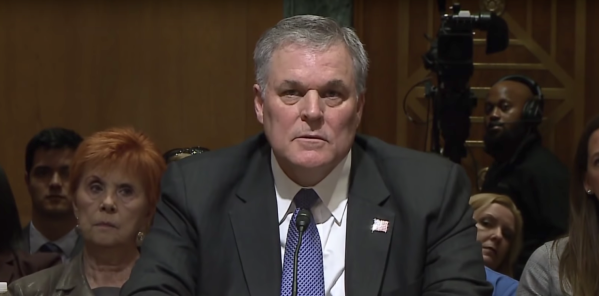Taxpayer First Act reinstates streamlined IT hiring at the IRS
A bill signed Monday by President Trump gives the IRS the ability to quickly hire temporary employees with critical IT skills.
The Taxpayer First Act brings back “streamlined critical pay,” an authority first granted by the IRS Restructuring and Reform Act of 1998. It expired in 2013, and since then IRS leaders have advocated for its return.
“There’s 300,000 cyber positions available in our country with a 0 percent unemployment rate,” IRS Commissioner Charles Rettig said during a congressional hearing in April. “We’re competing with all the other entities that you can imagine. Onboarding people is a difficult process outside of that,” as it takes almost a year to bring new personnel onboard. Streamline critical pay would “allow us to be somewhat competitive with the private sector,” he went on.
Streamlined critical pay (SCP) allows the IRS to hire up to 40 people at one time in four-year-long technical positions critical to the success of the agency. It also authorizes the agency to pay higher base salaries to these hires.
A 2014 review of streamlined critical pay by the Treasury Inspector General for Tax Administration found that the IRS used this authority “appropriately.”
“We determined that the critical pay positions were adequately justified, the need to recruit or retain exceptionally well-qualified individuals was demonstrated, pay limitations were adhered to,” the report reads. TIGTA did state, however, that if the program were to be reinstated it would recommend more clearly defined oversight.
“If Congress chooses to once again authorize the IRS SCP authority for a specific period of time, or permanently, we believe it would be beneficial to clearly define the extent of any independent oversight the program should have and who would be designated to provide the oversight,” it said.
The Taxpayer First Act includes a number of other technology-related clauses as well. It codifies the role of the IRS CIO, a role that is currently filled on an acting basis by Nancy Sieger. It also directs the CIO to “develop and implement a multiyear strategic plan for the information technology needs of the Internal Revenue Service” and update that plan on an annual basis.




